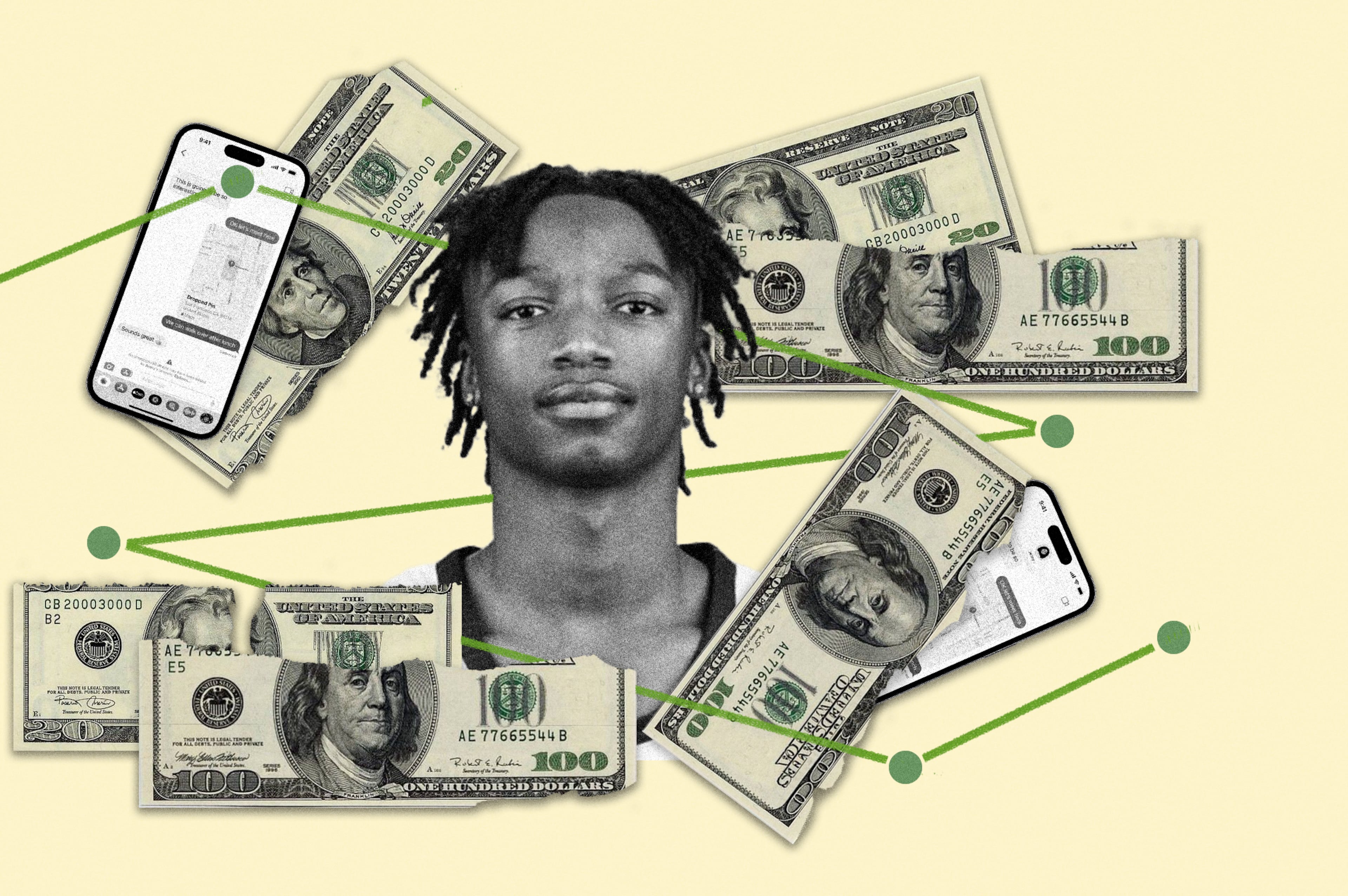Japan’s PM says IOC has agreed to delay Olympics for year
Japanese Prime Minister Shinzo Abe and International Olympic Committee President Thomas Bach reportedly agreed Tuesday to postpone this summer’s Tokyo Olympics due to the coronavirus.
Both leaders agreed to postpone the Games, instead of canceling them altogether.
Abe said after his telephone talks with Bach that he requested a postponement of about one year “taking into consideration the current circumstances” and to secure an environment in which athletes can perform in their best conditions and the sense of safety and security for the audience.
REUTERS BREAKING: JAPAN PM ABE: IOC'S BACH AGREED 100% ON PROPOSAL FOR 1-YEAR DELAY FOR OLYMPICS https://t.co/B6dYcHSG08
— Ossian Shine 🇪🇺 (@ossianshine) March 24, 2020
Abe held telephone talks with Bach after the IOC said it would make a decision on the Tokyo Games over the next four weeks. Abe said he expects the pandemic to be over by next year and the Olympics can be held by the summer of 2021 at the latest.
On Monday, influential IOC executive Dick Pound also said the Tokyo Games would be postponed.
Pound, one of the most influential members of the IOC for decades, offered the first real confirmation that the governing body would delay the Games as a growing number of athletes and organizations around the world called for postponing the competition until the pandemic subsides.
»COMPLETE COVERAGE: CORONAVIRUS
Facing broad pressure from governments, sponsors, broadcasters and sports federations, the International Olympic Committee on Sunday said it would wait as many as four weeks to work out the logistics and make a final decision.
Abe, speaking at a parliamentary session, said a postponement of the Tokyo Olympics would be necessary if the Games cannot be held in a complete way because of the pandemic.
Just a day earlier, Bach sent a letter to athletes explaining the committee’s decision to delay a suspension for four weeks.
“I know that this unprecedented situation leaves many of your questions open,” he wrote. “I also know that this rational approach may not be in line with the emotions many of you have to go through.”
The Olympics were scheduled July 24 to Aug. 9.
Tuesday’s announcement seen as all but a certainty as pressure mounted from nervous athletes, sports organizations and national Olympic committees — all confronting the reality that training and qualifying schedules, to say nothing of international anti-doping protocols, had been ruptured beyond repair.
Other Olympics — 1916, 1940 and 1944 — have been canceled because of war, but none have ever been postponed for any reason, let alone a renegade virus that has accounted for more than 375,000 cases worldwide, with numbers growing exponentially. The Tokyo Games would still be called the 2020 Olympics, even though they will be held in 2021.
“The leaders agreed that the Olympic Games in Tokyo could stand as a beacon of hope,” the IOC said in a statement.
One reason the IOC took longer to make the decision was because it wanted to figure out logistics. It will be a daunting challenge. Many of the arenas, stadiums and hotels are under contract. Remaking those arrangements is doable, but will come at a cost. Tokyo has already spent a reported $28 billion to stage the games.
There’s also the matter of the international sports schedule. Virtually all 33 sports on the Olympic program have key events, including world championships, on the docket for 2021.
“A lot can happen in one year, so we have to think about what we have to do,” said Toshiro Muto, the CEO of the organizing committee. “The decision came upon us all of a sudden.”
Olympic committees in Canada and Australia were saying they either would not, or could not, send a team to Tokyo in July. World Athletics and the three biggest sports in the United States — swimming, track and gymnastics — were calling for a postponement.
As recently as Sunday, the IOC was saying it would take up to four weeks to reach a decision. Four weeks ended up being two days.


